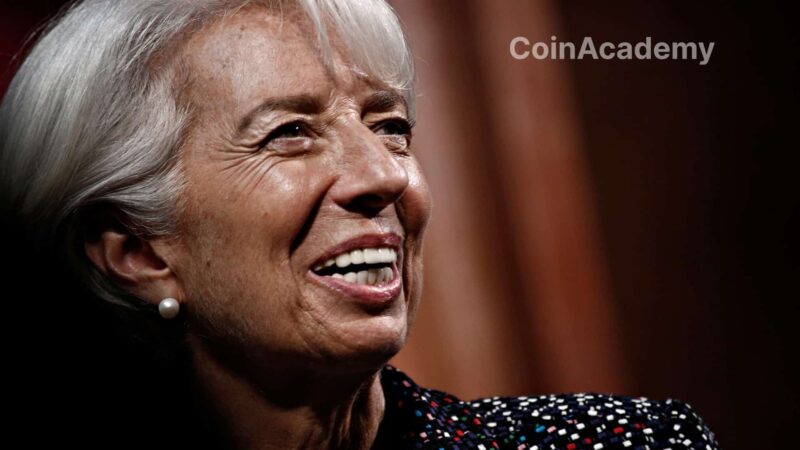North Carolina Governor Roy Cooper has recently vetoed a bill aimed at prohibiting the implementation of a Central Bank Digital Currency (CBDC) issued by the US Federal Reserve in the state.
This decision has sparked strong criticism, particularly because the bill had received almost unanimous support in the state’s House of Representatives and Senate.
The Governor’s Reasons for the Veto
In a statement made on June 5th, Cooper explained that the bill, House Bill 690, was premature, vague, and reactionary. He added that efforts were underway at the federal level to ensure standards and safeguards to protect consumers, investors, and businesses using digital assets, and that North Carolina should wait.
Efforts are being made at the federal level to ensure the establishment of standards and safeguards to protect consumers, investors, and businesses [using] digital assets, and North Carolina should wait to see how they work before taking action.
The problem is that Governor Cooper’s veto follows an impressive vote of 109 to 4 in the House of Representatives and 39 to 5 in the Senate a few days ago, which gives the bill another chance. In fact, considering the near-unanimity of the votes, North Carolina lawmakers could easily override Roy Cooper’s veto with a three-fifths majority in both chambers.
Cooper’s decision to veto has not been well-received by many members of the crypto community, with many believing that Cooper vetoed solely because his opponent, Mark Robinson, supports the bill.
It should be noted that Federal Reserve Chairman Jerome Powell stated during a Senate Banking Committee hearing in March that the US was “far from recommending or adopting any form of central bank digital currency.” This statement suggests that, despite local concerns, the adoption of a national CBDC is not imminent.




